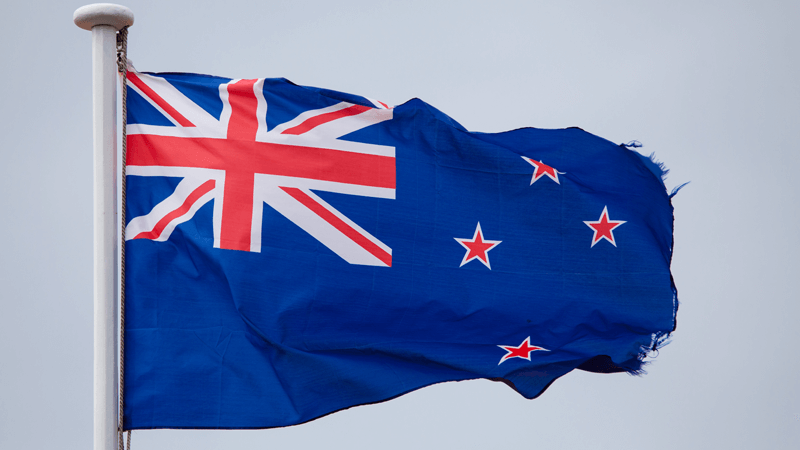The architect of New Zealand’s euthanasia law is pushing to broaden the legislation barely a year after the practice was legalised.
The current law allows euthanasia or assisted suicide for those over 18 years old with a terminal illness, experiencing “unbearable suffering”, and “likely” to die within six months.
In the first year after legalisation, 214 patients were killed under the law and 120 applications were deemed ineligible. A third of those rejected were because the patient did not meet the six-month criteria.
Calls to expand
Act Party leader David Seymour, who drafted the original legislation, now says the law should be relaxed to increase the number of eligible people. He claimed those whose life expectancy is longer than six months “miss out on having choice and control”.
During the parliamentary process the Bill was tightened from its original, broader form, which would have given access to euthanasia to non-terminal patients with conditions deemed “grievous and irremediable”.
But disability advocates raised concerns, saying it would demean the value of human life and could reduce the standard of care for disabled people. The Bill was subsequently amended in order to push it through.
Despite this, Seymour is already calling for the law to be weakened when it comes up for review in 2024.
‘Mission creep’
Kevin Yuill, senior lecturer in American History at the University of Sunderland, tweeted: “This is one year after #euthanasia established a moral beachhead in #NewZealand. Don’t let this happen in the UK.”
And Dr Joel Zivot, Fellow of the Royal College of Physicians of Canada, said: “Concern over ‘mission creep’ concerning who should have access to assisted dying is a real concern, and not only the concern of the religious. The false dichotomy is that the only choice is between blissful death and agonizing life.”

Canada: Medical body wants euthanasia for newborns
Poor mental health and poverty enough for assisted suicide in Canada

